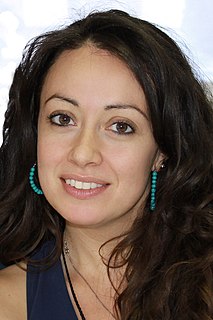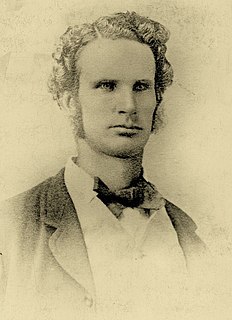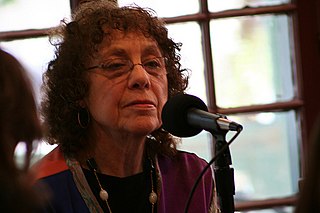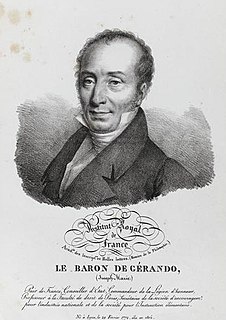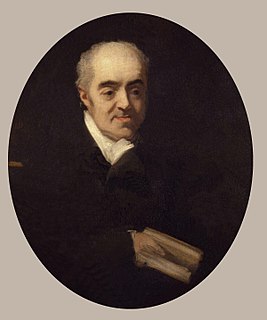A Quote by Horace Mann
If there is anything for which I would go back to childhood, and live this weary life over again, it is for the burning, exalting, transporting thrill and ecstasy with which the young faculties hold their earliest communion with knowledge.
Related Quotes
Ambition is the desire to go forward and improve one's condition. It is a burning flame that lights up the life of the individual and makes him see himself in another state. To be ambitious is to be great in mind and soul. To want that which is worth while and strive for it. To go on without looking back, reaching to that which gives satisfaction.
I have managed not to finish certain books. With barely a twinge of conscience, I hurl down what bores me or doesn't give what I crave: ecstasy, transcendence, a thrill of mysterious connection. For, more than anything else, readers are thrill-seekers, though I don't read thrillers, not the kind sold under that label, anyway. They don't thrill; only language thrills.
Each is liable to panic, which is exactly, the terror of ignorance surrendered to the imagination. Knowledge is the encourager, knowledge that takes fear out of the heart, knowledge and use, which is knowledge in practice. They can conquer who believe they can. It is he who has done the deed once who does not shrink from attempting again.
Philosophers have very justly remarked that the only solid instruction is that which the pupil brings from his own depths; that the true instruction is not that which transmits notions wholly formed, but that which renders him capable of forming for himself good opinions. That which they have said in regard to the intellectual faculties applies equally to the moral faculties. There is for the soul a spontaneous culture, on which depends all the real progress in perfection.
Almost all men are over anxious. No sooner do they enter the world than they lose that taste for natural and simple pleasures so remarkable in early life. Every hour do they ask themselves what progress they have made in the pursuit of wealth or honor and on they go as their fathers went before them till weary and sick at heart they look back with a sigh of regret to the golden time of their childhood.
According to the technical language of old writers, a thing and its qualities are described as subject and attributes; and thus a man's faculties and acts are attributes of which he is the subject. The mind is the subject in which ideas inhere. Moreover, the man's faculties and acts are employed upon external objects; and from objects all his sensations arise. Hence the part of a man's knowledge which belongs to his own mind, is subjective: that which flows in upon him from the world external to him, is objective.
Teach him to live rather than to avoid death: life is not breath, but action, the use of our senses, our mind, our faculties, every part of ourselves which makes us conscious of our being. Life consists less in length of days than in the keen sense of living. A man maybe buried at a hundred and may never have lived at all. He would have fared better had he died young.

